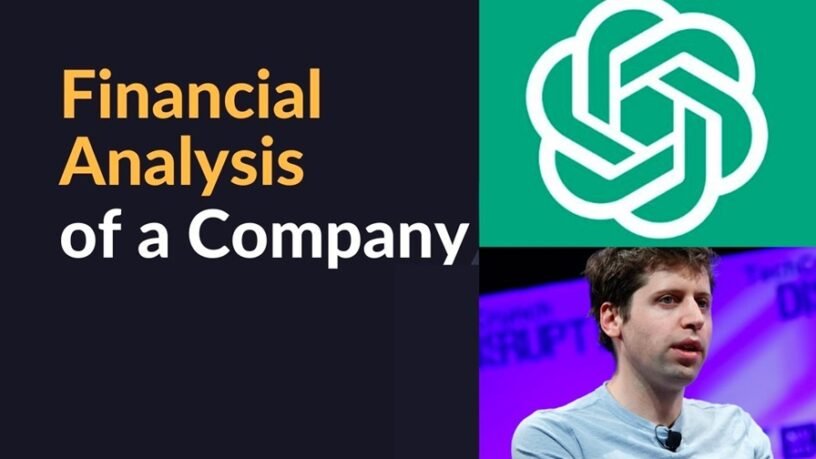Imagine having a financial whiz kid by your side, someone who can crunch numbers, analyze trends, and unearth hidden insights from financial data – all at lightning speed. That’s the potential of GPT-4, the latest advancement in large language models, and it’s poised to revolutionize the way we approach financial analysis.
Traditionally, financial analysis has been a time-consuming process. Analysts spend hours pouring over spreadsheets, calculating ratios, and piecing together the financial health of a company. But GPT-4 can do this in a fraction of the time. By ingesting vast amounts of financial data, it can identify patterns, calculate key metrics, and even generate financial forecasts – all while highlighting potential risks and opportunities.
Here’s how GPT-4 can be a game-changer in the real world:
- Effortless Company Research: Struggling to understand a company’s financial statements? GPT-4 can analyze them and provide a clear, concise breakdown of key metrics like profitability, liquidity, and solvency. Think of it as having a built-in financial analyst explaining things in plain English.
- Supercharged Stock Picking: Ever wondered if a stock is a good investment? GPT-4 can analyze historical data, news articles, and market trends to predict future performance. This doesn’t guarantee success, but it can provide valuable insights to inform your investment decisions.
- Mergers and Acquisitions Made Easier: Mergers and acquisitions are complex, and thorough financial analysis is crucial. GPT-4 can analyze the financial compatibility of two companies, identify potential risks, and even suggest deal structures – saving valuable time and resources during the negotiation process.
Let’s say you’re considering investing in a new electric vehicle company. GPT-4 can analyze the company’s balance sheet and income statement, highlighting its debt levels, revenue streams, and research & development spending. It can then compare these metrics to industry leaders, giving you a clearer picture of the company’s financial health and competitive advantage.
Of course, GPT-4 isn’t a magic bullet. Financial analysis still requires human expertise and judgment. But GPT-4 can be a powerful tool, automating tedious tasks and freeing up analysts to focus on strategic decision-making. It’s like having a tireless research assistant who can sift through mountains of data and present you with the information that matters most.
The future of financial analysis is a fascinating one, and GPT-4 is at the forefront. As the technology continues to evolve, we can expect even more sophisticated applications, from generating custom financial reports to identifying emerging market trends. So, the next time you’re diving into the world of finance, remember – you might have a powerful AI assistant by your side, ready to help you make smarter decisions.
Here are few frequently asked questions on Financial Analysis using GPT-4:
Can GPT-4 do financial analysis?
GPT-4 shows promise for augmenting financial analysis, but it likely can’t completely replace human analysts at this stage. Here’s a breakdown of its capabilities:
- Data Processing: GPT-4 can analyze large amounts of financial data, including financial statements, news articles, and market research reports.
- Identifying Trends: It can identify patterns and trends in financial data, potentially uncovering hidden insights.
- Text Summarization: It can summarize complex financial documents into more concise reports, saving analysts time.
- Generating Scenarios: GPT-4 may be able to generate different financial scenarios based on various market conditions.
However, there are limitations to consider:
- Understanding Context: GPT-4 may struggle to understand the full context of financial information, which is crucial for accurate analysis.
- Bias and Accuracy: Financial data can be biased, and GPT-4 may perpetuate those biases in its analysis. It’s important to critically evaluate its outputs.
- Limited Reasoning: While GPT-4 can identify patterns, it may not be able to explain the reasons behind them** as well as a human analyst.
Can you use ChatGPT for finance?
ChatGPT is a similar large language model, but it’s not specifically designed for financial analysis. While it may be able to perform some basic tasks like data summarization, it’s not recommended for serious financial analysis due to the limitations mentioned above.




1 Pingback